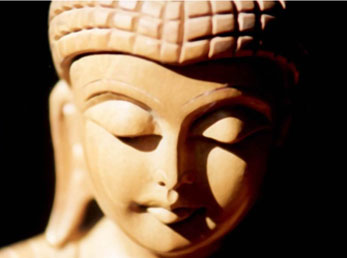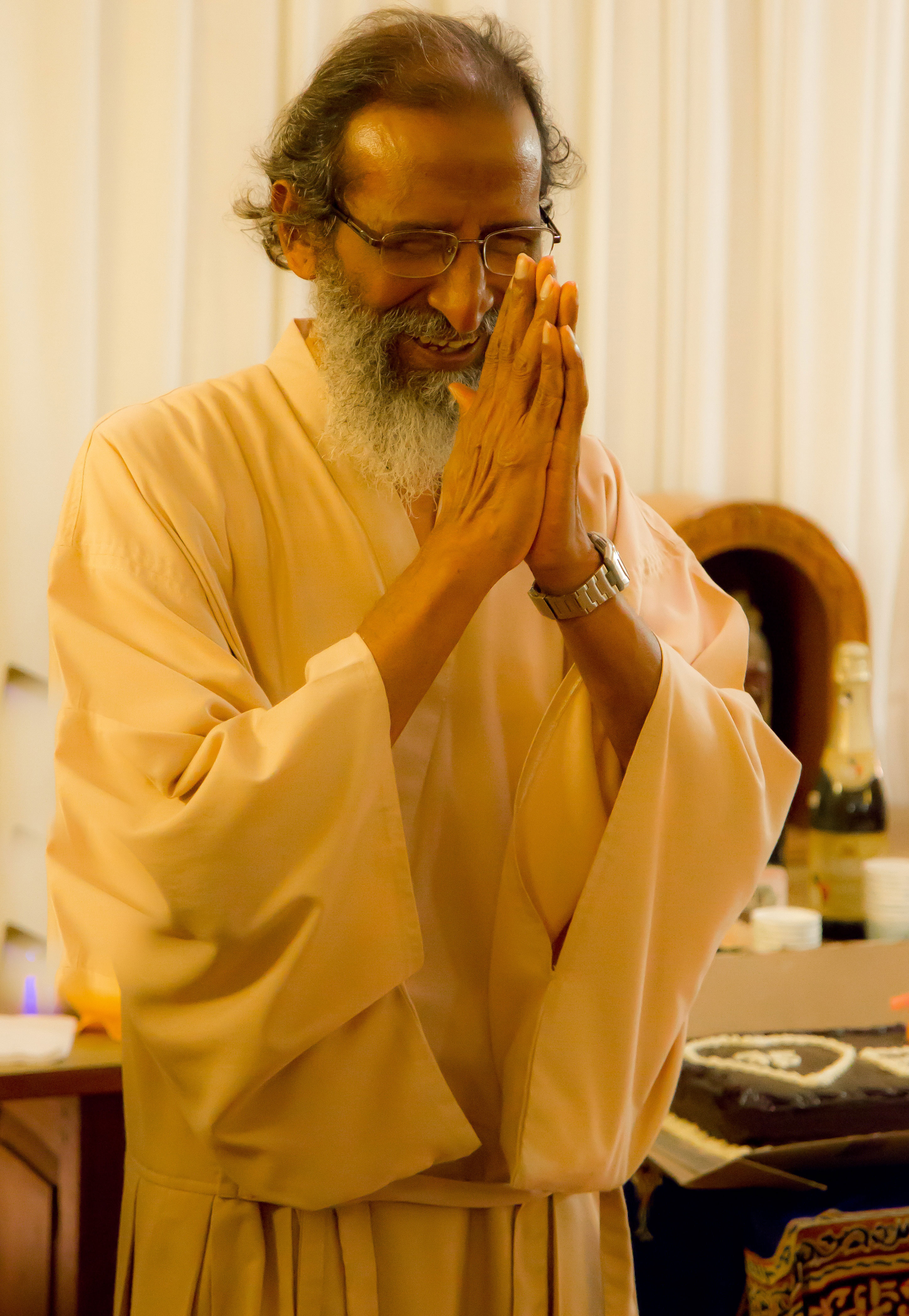
BodhiZendo
Bodhizendo is a Zen centre that was established at Perumalmalai, Kodaikanal in 1996 by Fr. AMA Samy. Bodhizendo offers Zen training in both “Soto” and “Rinzai” methods. The Bodhi Sangha, Fr. AMA Samy’s community of students and disciples, is spread all over India, Europe, USA and Australia.
Zen has its roots in India, in the Dhyana tradition of the Mahayana Buddhism. Zen practice begins with questions and the longing for deliverance and liberation.

Master AMA Samy
Zen Master AMA Samy (Gen-Un-Ken) is the only Indian who has received the “Dharma seal of Enlightenment” from a recognized Zen Master. AMA Samy (Arul Maria Arokiasamy), born 1936 of Indian Christian parents in Burma, came to India after the war. After completing his schooling he joined the Jesuit order. In the course of time he became a priest, but his heart was still restless for god. AMA Samy devoted himself to finding the answer to the question of the great Indian sage Ramana Maharshi which was:
“Who AM I?”
He persisted in his quest and finally came to awakening. But AMA Samy needed this realization to be tested and authenticated. Around this time he came in contact with the Zen master Fr. Enomiya Lassalle who introduced him to Zen and to the Zen master Yamada Ko-Un Roshi in Kamakura, Japan. Master Yamada had started the Sanbo Kyodan School, which was one of the first Zen school in Japan to accept foreigners as students. Yamada Ko-Un confirmed AMA Samy’s awakening, and AMA Samy went on to complete the course of koan study under him to deepen his realization.
In 1982, AMA Samy received the dharma seal and the title of “Gen-Un-Ken” meaning “Dark or Original Cloud” from his master.


"Awakening and Compassion are the two legs of Zen"
At the Bodhizendo, AMA Samy offers his teaching for free and he warmly invites you to explore his way of teaching Zen. At the Bodhizendo discipline and freedom are wedded together.
The daily schedule includes Zazen, work, silence, and study, sutra chanting and bowing.
Staying at the Zendo calls for participating fully in its daily schedule. It calls for maintaining silence times and respecting the general rules of conduct.